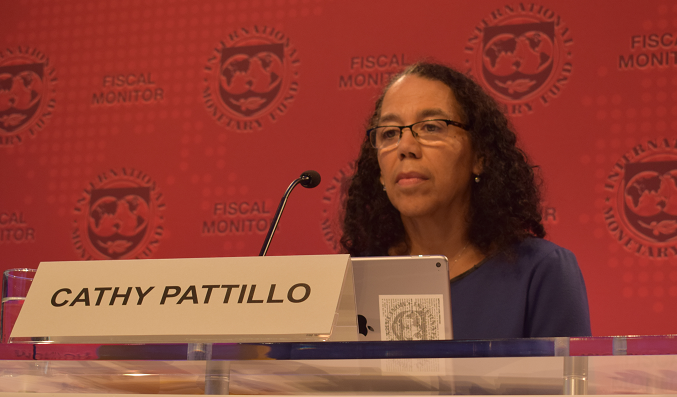Catherine Pattillo, assistant director, fiscal affairs department of the International Monetary Fund (IMF), has advised Nigeria to remove tax exemptions because the economy is still at risk.
Answering questions from journalists on the sidelines of the ongoing Spring meeting of the Bretton Wood institution, she said Nigeria needs to increase its revenue base because debt interests are eating up most of it.
Nigeria currently gives a three-year tax holiday to practitioners in 27 industries under the pioneer status incentive. Also, companies receive tax waivers for carrying out certain projects on behalf of the federal government.
“You have seen the most recent IMF staff report on Nigeria which was emphasising that with a constraining debt servicing as you know the ratio of federal government interest payment to debt revenue is extremely high, 63 percent,” Pattillo said.
Advertisement
“There is a need to build revenue so that you have more space to spend for infrastructure, social safety nets, etc, otherwise interest is eating up most of your revenue so building revenue is key and how do you do that?
“The recommendation in the IMF staff report is to broaden the tax base by removing exemptions, to rationalise tax incentives in particular to strengthen tax compliance and our recommendation to raise the VAT rate. So those were the recommendations for Nigeria on tax.”
Pattillo said the government’s strategy of favouring foreign debts over domestic ones has merit.
Advertisement
“Factors that support that is that Nigeria’s current external debt to GDP ratio is low so the external interest payments are relatively low. The benefit of that switch is a reduction in overall interest payments and a lengthening of maturity,” she said.
Speaking further, Pattillo said lenders may become scared to have dealings with countries with high-interest payments like Nigeria because of the risk of repayment.
1 comments








IMF will not tell us the FX risk in foreign debt overhang especially as we have very little control on oil price and global output. If things reverse, these lender nations may screw the country.